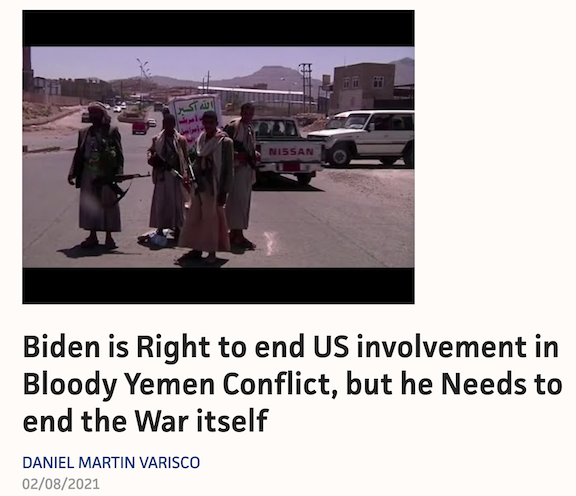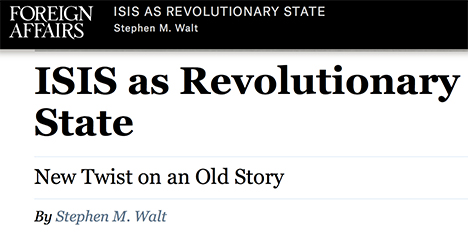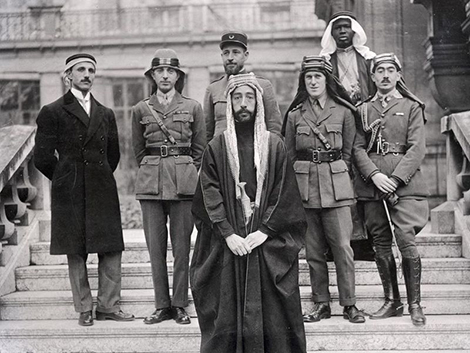
The Crisis in Yemen



In April Secretary-General Antonio Guterres called the situation in Yemen the world’s worst humanitarian crisis. After more than three years of a lopsided war between a Western-supported Saudi/Emirati coalition and a rebel group in control of the capital Sanaa and most of the estimated 28 million Yemenis, the crisis is only getting worse.
Now coalition forces are attempting to wrest control of the vital port of Hodeidah from the Huthi forces, thinking that such a loss would force the Huthis to accept their terms for a total submission. Since this port supplies most of the food and aid entering Yemen, loss of the port would likely trigger a siege to literally starve the Huthi areas into submission. The Huthis know this and are not likely to give up the port without a bloodbath. Meanwhile several hundred thousand residents fear for their lives and many have already fled to areas with no resources whatsoever. The UN fears a renewed outbreak of cholera, which has already affected more than one million Yemenis. Negotiations continue by the UN Special Envoy Martin Griffiths to stop the impending violence.
But in the midst of all this turmoil, one recent pundit argues that the eastern province of Marib, firmly in control of the Saudi/Emirati alliance, shows how one province succeeds in the midst of Yemen’s war. Not only is this sparsely populated and oil-rich area considered a success, it is said to be “thriving.” A football stadium with German turf and according to FIFA standards is being constructed and there is a new university for 5,000 students. The biblical land of the Queen of Sheba and famous Marib dam mentioned in the Quran (which was bombed at one point by the Saudis) is said to be “regaining a slice of its historical importance.”
So what is the lesson for Yemen’s future from this miracle in the desert? For journalist Adam Baron “Marib’s experience holds wider lessons for Yemen’s future: embracing decentralisation, empowering local actors, and focusing on ground-up stabilisation are all strands of the story that international and local players interested in bringing peace and stability to Yemen should note.” The main local actor here is a tribal sheikh named Sultan Arada, drawing on support of the conservative Islah movement. With outside money pouring in, he has morphed into the sultan of a fiefdom. The current “stability” is grounded not on local concerns but from the top-down flow of money from the neighboring international players, Saudis and Emiratis.
Yemen’s future is not in Marib, nor in building state-of-the-art FIFA stadiums in a country with a ravaged infrastructure, ongoing water crisis and sectarian violence fueled by the grueling three years of war. Marib is currently a colony of the Saudis, just as the Emiratis would like to take control of the island of Socotra and the port of Aden. The two wealthiest states of the now moribund GCC are carving out their zones of influence on the backs of people in the poorest country in the Arabian Peninsula. Without the billions of dollars worth of weapons and strategic intelligence from the West, this war dividend could never have been realized.
Welcome to the latest, post-Cold War twist in the land once thought to be Holy. It is no longer direct Western intervention but a shared geocolonialism, in which the proxy war between Saudi Arabia and Iran is applauded and abetted by Western leaders. Muhammad bin Salman’s recent trip to the U.S. sold his snake-oil reform in exchange for buying more weapons and all that he assumes oil-drenched money can buy. Meanwhile the Saudi abysmal track record on human rights and the war crimes of the Saudi-led coalition in Yemen are ignored. If Marib is the model for Yemen’s future, then the only democracy, for its flaws, in the Arabian Peninsula will be geocolonized into yet another make-believe kingdom or emirate.
This post can be read at MENA Tidningen.
For an animated video of the weapons used by all sides in Syria, click here.
by Ben Watson, Defense One, July 19, 2016
From chlorine gas to Kalashnikovs, barrel bombs to cruise missiles, the Syrian conflict shows what 21st-century militaries and armed groups can bring to bear.
The Assad regime’s bloody reaction to the 2011 Arab Spring ignited one of the most lethal rebellions in modern history, placing it in the crosshairs of more than 1,000 armed groups: rebels, Kurds, defectors, extremists and countless others, including foreign military experts. Taken together, the opposition is better equipped than any the world has seen in generations, according to Charles Lister, Middle East analyst and resident fellow at the Middle East Institute.
“Syria represents the Afghanistan of the 21st century, but on steroids. The scale of jihadist militancy in Syria is one thing; the capability that they have acquired,†Lister said, “is at least in my opinion unprecedented in modern history.â€
The weapons on display in the Syrian war include some of the world’s most advanced and deadly, thanks to the U.S.-led campaign against the Islamic State and Russia’s own arrival in 2015.
Hundreds of thousands of people have died in the war; the UN stopped counting at 191,000 three years ago, but estimates range from a quarter million to at least 470,000. The conflict has uprooted half of Syria’s pre-war population, scattering five million people beyond its borders.
Commentary on MENA Tidningen.

Stephen Walt has an astute analysis of the state of ISIS in Foreign Affairs.

Faisal party at Versailles Conference. Left to right: Rustum Haidar, Nuri as-Said, Prince Faisal (front), Captain Pisani (rear), T. E. Lawrence, Faisal’s attendant (name unknown), Captain Hassan Khadri.
by Jeffrey D. Sachs, al-Qantara, December 21, 2015
There is no doubt that the crisis-riven Middle East is beset by some unique challenges. As Jeffrey Sachs argues, however, these are not the Sunni-Shia political divide, the future of Assad or other doctrinal disputes, but rather the unmet need for quality education, job skills, advanced technologies and sustainable development
The United States, the European Union, and Western-led institutions such as the World Bank repeatedly ask why the Middle East can′t govern itself. The question is asked honestly, but without much self-awareness.
After all, the single most important impediment to good governance in the region has been its lack of self-governance: the region′s political institutions have been crippled as a result of repeated US and European intervention dating back to the First World War – and in some places even earlier.
One century is enough. The year 2016 should mark the start of a new century of home-grown Middle Eastern politics focused urgently on the challenges of sustainable development.
The Middle East′s fate during the last 100 years was cast in November 1914, when the Ottoman Empire chose the losing side during the First World War. The result was the empire′s dismantling, with the victorious powers, Britain and France, grabbing hegemonic control over its remnants. Continue reading Geopolitics in the Middle East: A new century dawns
Clamping down with law and order will not be enough
by Thomas Piketty, Le blog de Thomas Piketty, Le Monde online, November 24, 2015
Confronted with terrorism, the response must involve security measures. We must hit Daech and arrest those who are members. But we must also consider the political conditions of this violence, the humiliation and the injustices which result in this movement receiving considerable support in the Middle East and today gives rise to murderous vocations in Europe. In the long run, the real issue is the establishment of an equitable model for social development both there and here.
One thing is obvious: terrorism thrives on the inequality in the Middle-East which is a powder keg we have largely contributed to creating. Daech – the Islamic State of Iraq and the Levant (ISIL) –is a direct consequence of the break-up of the Iraqi regime and more generally, of the collapse of the system of frontiers set up in the region in 1920. After the annexation of Kuwait by Iraq in 1990-1991, the coalition powers sent their troops to restore the oil to the emirs – and to the Western companies.
In passing, we started a new cycle of technological and assymetrical wars (a few hundred dead in the coalition forces in the ‘liberation’ of Kuwait, as against several thousand on the Iraqi side). This approach was pursued to the limit during the second war with Iraq, from 2003 to 2010: roughly 500,000 Iraqi dead as compared with 4,000 American soldiers killed; all this as revenge for the 3,000 who died on 11 September despite the fact that they had nothing to do with Iraq. This reality, compounded by the extreme asymmetry of loss of lives and the absence of any political way out of the Israeli-Palestinian conflict, is used today to justify all the abuses perpetrated by the Jihadists. Let us hope that France and Russia, who have taken over after the American fiasco, will do less damage and generate fewer vocations. Continue reading Combatting ISIS/Daesh